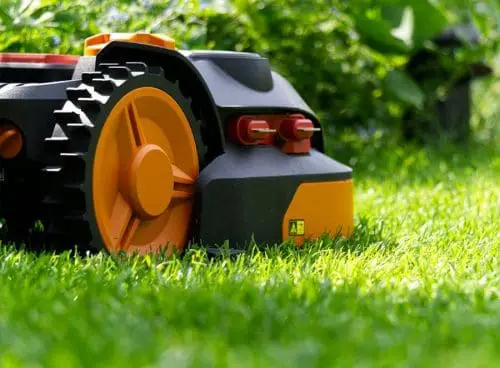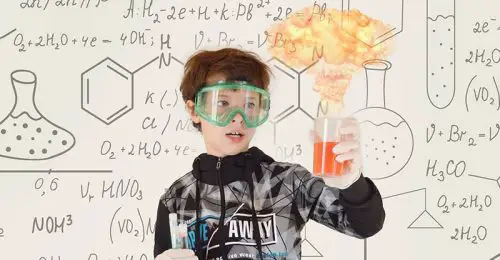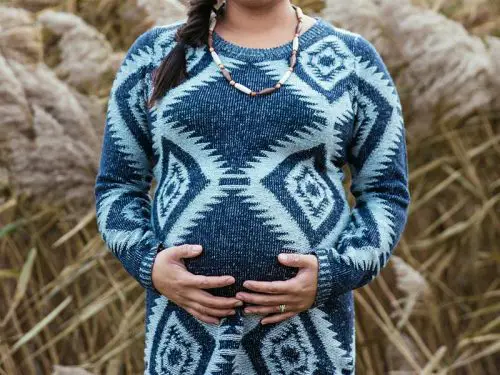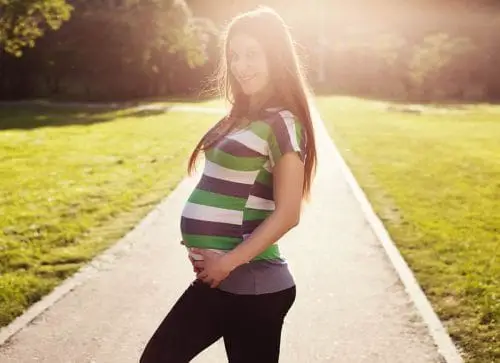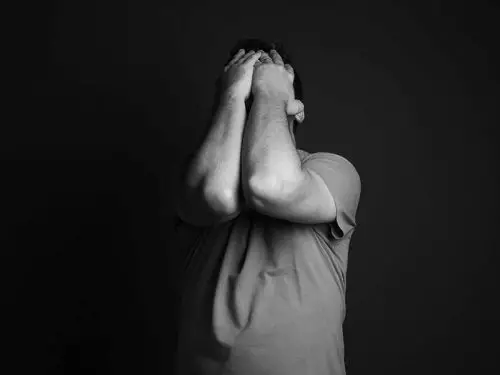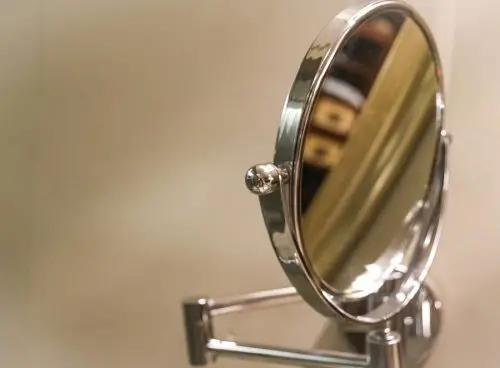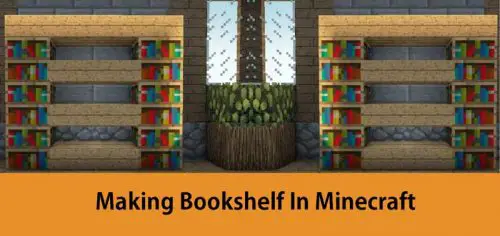Positive and Negative Effects of Divorce on Children: 50 percent of marriages in the US end up in divorce, which means that the rates of divorce are at an all-time high. A divorce can be very hard on a family, not just psychologically but also financially because divorces cost a lot of money.
Plus, if there are children involved things become even more complicated because every child reacts differently to a divorce, some might be traumatized and angry while others see the positive side of ending a relationship that was making their parents unhappy. So, divorce can have both positive and negative effects on children.

Inspiring your journey, one story at a time. #LifeFalcon.
It depends largely on how old and mature the kids are because the maturer the kids are the easier it would be for them to understand why their parents had to get divorced
Table of Content
Negative effects
Emotional Sensitivity

A divorce can leave the children overwhelmed with a variety of different emotions. For instance, many children end up feeling lost, confused, betrayed, and anxious.
Very often kids start blaming themselves for the divorce which can lead to a plethora of more complex psychological problems.
However, most of the time the underlying feeling behind everything else is just confusion, because it is difficult for children, especially if they are really young to understand why their parents separated. So, it is important that kids have an outlet; someone who they can talk to, someone who would listen to them.
So, both the parents must try to communicate with the children effectively without blaming each other for the divorce and try to explain why they could no longer stay together and how it had nothing to do with the kids.
Anger and resentment
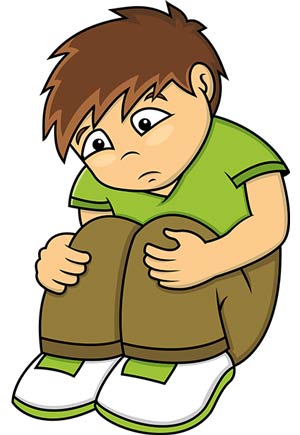
Anger and resentment is a very natural reaction when kids see their parents getting divorced.
Kids look up to their parents and view them as the best couple in the world, but when their relationship doesn’t work out, kids feel betrayed and cheated, which breeds anger and resentment.
The first thing that the parents need to do is to try and talk to the children, however, if they are angry and resentful it is likely that they will not want to talk to either one of their parents.
In such cases, therapy can be very effective, because it is imperative that the children understand the reasons behind the divorce and over time learn to accept that.
Poor academic performance
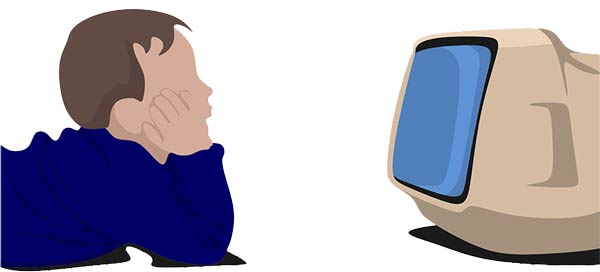
It’s easy for kids going through a divorce to be preoccupied, distracted, and lose focus. This naturally results in a decline in their academic performance.
A divorce completely changes the family dynamics and coping with that can cause the kids to lose interest in their studies which can also increase their chances of eventually dropping out of school.
However, parents can get ahead of that by taking the right measures. The first option would be to try and talk to the children and help them adjust to the new family dynamics. However, if that doesn’t work therapy is always a good option.
Loss of faith in the institution of marriage
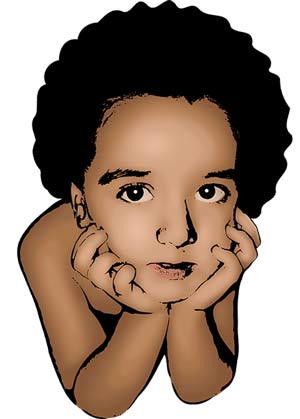
When kids see their parents separate, they lose faith in the institution of marriage, which can result in dysfunctional romantic relationships when they grow up.
Research done by the University of Utah shows that people who come from divorced families are 2 to 3 times more likely to have unsuccessful relationships than people who come from non-divorced families.
Social isolation
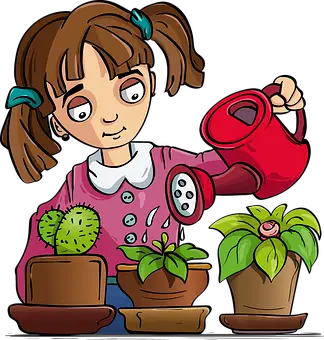
Children going through a divorce have a harder time relating to others and have a propensity of isolating themselves socially.
They may become insecure, self-conscious and even start fearing social interaction like going out with friends and going to school events and parties.
Extended social isolation can result in stunted psychological growth and can result in permanent physiological problems.
If they see such behavior in their kids, they need to make sure that they do everything in their power to help the kids, whether it is by talking to them or therapy.
Depression
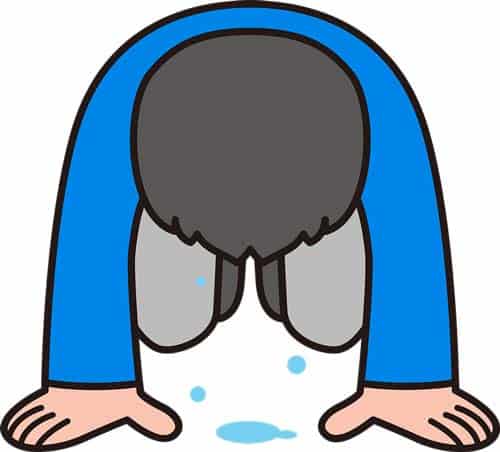
A study shows that children of divorce are at risk of developing clinical depression.
What’s even more alarming is that some children are also at risk of threatening or attempting suicide.
According to the American Academy of Pediatrics, these patterns can be seen more commonly in children that are 11 years or older.
Although it doesn’t rule out the possibility of such behaviors appearing in kids younger than 11.
The American Academy of Pediatrics also found out that boys are more likely to attempt suicide than girls.
Parents need to remember that the assistance of a mental health specialist is imperative in such cases because clinical depression can be very tough on people no matter how old they are.
Impulsive and risky behavior
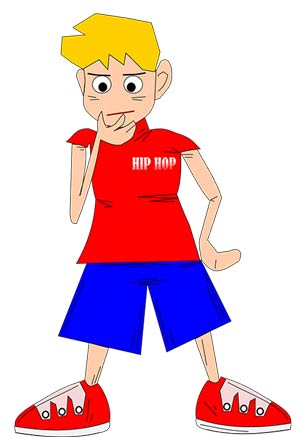
Children of divorce are more likely to engage in impulsive and risky behaviors like drug and alcohol abuse.
They are also more likely to engage in early sexual activity. Studies show that teenage girls are more likely to engage in early age sexual activity if the father isn’t present in the household.
The same isn’t true for boys, however, boys are more likely to commit crimes including getting into fights and underage drug use and drinking.
In such cases, it is important that both parents spend a good amount of time with their children and give them even more attention than before so that despite their separation, the kids never feel like they are a part of a broken family.
Positive effects
Resilience and adaptability
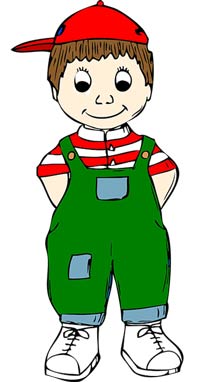
Divorce can also have some positive effects on the children, for example, children that come from divorced families are more resilient and adaptable.
They are better at adapting to varying life changes.
Being a child of divorce is tough and learning to cope with the difficulty of being one can help build a child’s character.
It also teaches them to not fear adversity and they don’t get bothered by small problems.
Self-sufficiency
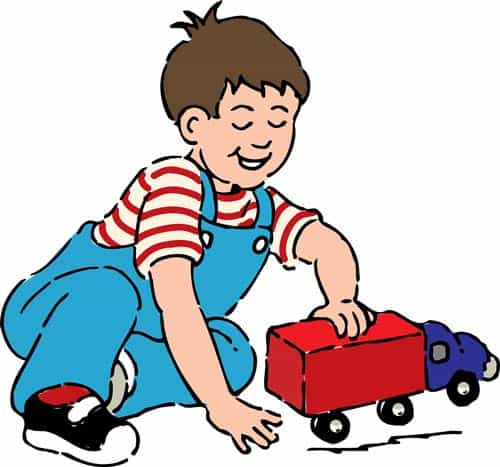
Divorce can make the children more confident in their own abilities because they have to become self-sufficient and self-reliant.
With both the parents working full-time, it comes down to the children to fend for themselves. They have to do their own laundry, sometimes cook their own meal, and do their homework without any help.
Children of divorce are also very resilient because divorce can be heartbreaking for kids, and recovering from that teaches the kids how to deal with adversity and bounce back quickly.
Divorce teaches them life lessons that other children don’t get to learn till later in their life.
Empathy
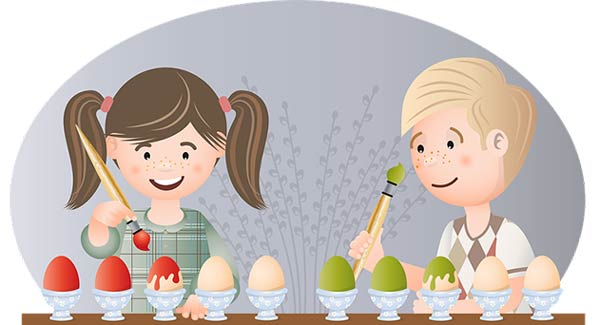
Children of divorce become more empathetic towards others. they can relate to the problems of others and become more accepting of other people’s problems.
Having been through the trauma of their parents’ divorce, they understand the problems of their peers and become more compassionate towards them.
Conflict resolution

If the parents have a clean divorce and get along with each other after the divorce, that can teach the kids a valuable lesson of conflict resolution.
When they see their parents working as a team the kids learn the valuable skill of avoiding and solving conflicts.
They understand that conflict is a part of everyday life and no matter how good a relationship they might be in there is inevitably going to be conflict.
Thus they equip themselves with different ways to resolve conflict rather than allowing it to spiral out of control.
More quality time with each parent
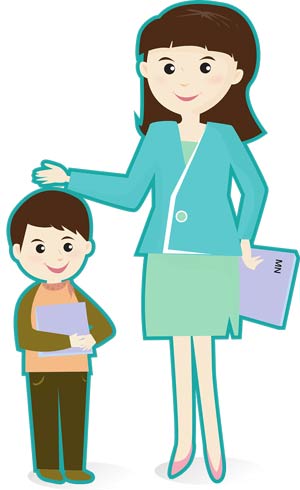
In a family where only one of the parents is working, kids often don’t get to spend much time with the working parent. However, if the parents are divorced and have shared parenthood, then they dont take their time with the kids for granted and make sure that they cherish every moment that they spend with their kids.
Plus, both the parents make an extra effort to spend more time with their kids, which means that the kids get to spend more time with each parent.
This naturally builds a better and stronger bond between the parents and the children.
A better bond with siblings
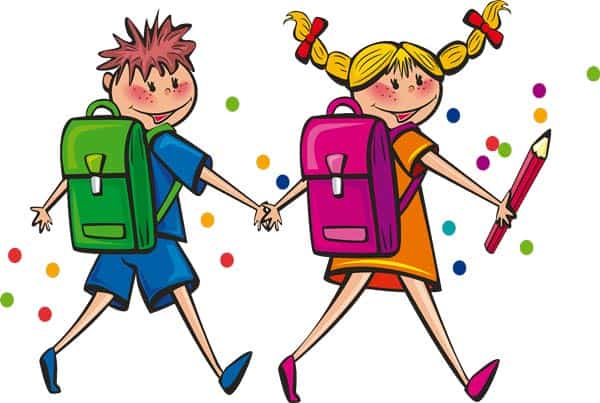
Children of divorce often have a good bond with their siblings because they depend on each other for help and advice. Both the parents have to work full time and the kids don’t feel very comfortable running to their parents for every little thing. They discuss their problems with their siblings and help each other out with little things. This helps them build a very strong bond that lasts forever.
Final thoughts
Everything has its pros and cons; the same goes for divorce; it has its positive and negative aspects. What you can know for sure is that divorce is going to have a significant impact on the lives of the children, it can either be negative or positive.
It really depends on the kind of divorce the couple has. If they can negotiate a clean divorce and part their ways on good terms, the kids will likely have an easier time coming to terms with the change in family dynamics.
However, if the couple has a messy divorce that involves a lot of conflicts the kids are likely to be more scarred.
Having said that, none of this is set in stone because kids that come from messy divorces can turn out to be perfectly fine, whereas children who come from clean divorces may end up having all sorts of problems.
It all boils down to this, if you’re in a relationship that is making you miserable and you think that there is nothing that can be done to salvage the relationship, divorce is the best option because such relationships are bad for both the parents and the kids. There is nothing good that can come out of a toxic relationship.


